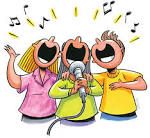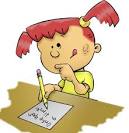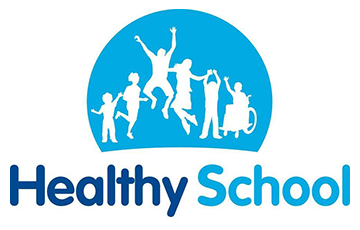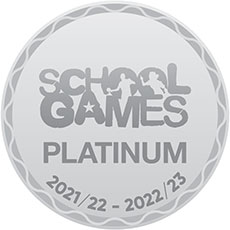What is Dyspraxia?
(Taken from NHS Choices)
Developmental co-ordination disorder(DCD), also known as Dyspraxia, is a condition affecting physical co-ordination that causes a child to perform less well than expected for his or her age in daily activities and appear to move clumsily.
Early developmental milestones of crawling, walking, self-feeding and dressing may be delayed in young children with DCD, and drawing, writing and performance in sports are usually behind what is expected for their age.
The problem is not due to general delays in development or a learning disability, and is not caused by Cerebral Palsy or another neurological disorder (condition affecting the nervous-system)
Although signs of the condition are present from an early age, children vary widely in their rate of development and DCD is not usually diagnosed until a child with the condition is around five years old or more.
(Taken from Dyspraxia Foundation)
Many people with DCD also experience difficulties with memory, perception and processing. While DCD is often regarded as an umbrella term to cover motor coordination difficulties, dyspraxia refers to those people who have additional problems planning, organising and carrying out movements in the right order in everyday situations. Dyspraxia can also affect articulation and speech, perception and thought.
What causes dyspraxia?
Although the exact causes of dyspraxia are unknown, it is thought to be caused by a disruption in the way messages from the brain are transmitted to the body. This affects a person’s ability to perform movements in a smooth, coordinated way.
Reading and spelling
Children with dyspraxia may have difficulties with reading and spelling. Limited concentration and poor listening skills, and literal use of language may have an effect on reading and spelling ability. A child may read well, but not understand some of the concepts in the language. The child may also be reluctant to read aloud because of articulation difficulties or because they lack self-confidence.
Handwriting
Poor handwriting is one of the most common symptoms of dyspraxia. Children who have poor handwriting don’t need their parent or teacher to tell them about it. Every time they write, they can see that they are not as good as their friends.
Speech and Language
Speech may be immature or unintelligible in early years. Language may be impaired or late to develop.
 For some children, the primary difficulty is in making and coordinating the precise movements, which are used in the production of spoken language, which results in severe and persisting speech production difficulties. The condition is termed developmental verbal dyspraxia: it may occur in isolation or in conjunction with general motor difficulties.
For some children, the primary difficulty is in making and coordinating the precise movements, which are used in the production of spoken language, which results in severe and persisting speech production difficulties. The condition is termed developmental verbal dyspraxia: it may occur in isolation or in conjunction with general motor difficulties.
Perception
People who have dyspraxia tend to have poor understanding of the messages that their senses convey and difficulty in relating those messages to actions.
Thought
There may be difficulty in planning and organising thoughts.
For more information please visit the website:












